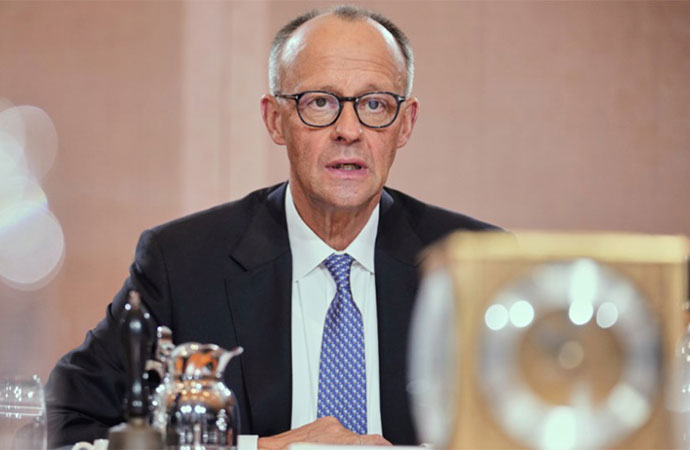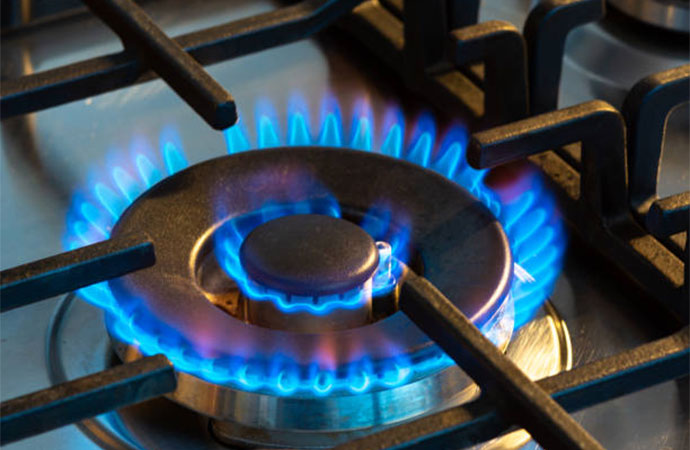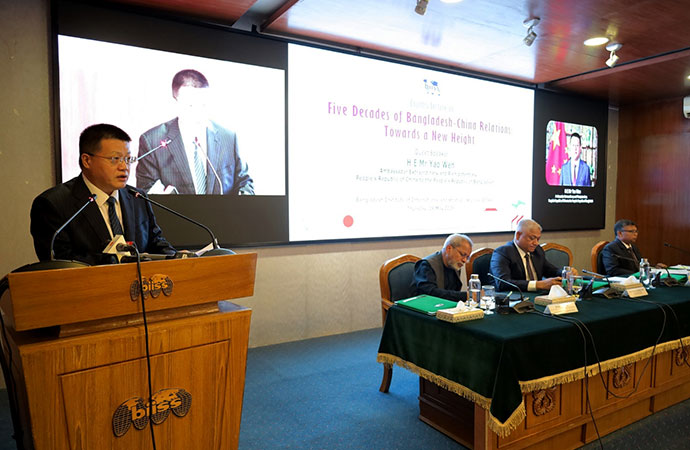World this week

Friedrich Merz. Photo: AP/UNB
Conservative leader Friedrich Merz was elected as post-World War II Germany's 10th chancellor on Tuesday (May 6)- hours after he failed to win the first round in parliament in a historic defeat. Merz, 69, who succeeds Olaf Scholz, has vowed to prioritise European unity and the continent's security as it grapples with the new Trump administration and Russia's war on Ukraine. Merz saw his ascent derailed by former Chancellor Angela Merkel, who led Germany for 16 years starting in the early 2000s. He left parliament in 2009 and even turned his back on active politics for several years.
Merz's two-party Union bloc emerged as the strongest force from Germany's election in February. He then turned to the Social Democrats, Scholz's center-left party, to put together a coalition with a parliamentary majority. He has already pushed through plans to enable higher defense spending, and faced more pressure to finish the deal after US President Donald Trump's announcement of sweeping tariffs created significant market disruption.
Xi Jinping arrived in Moscow on Wednesday (May 7) for the start of a four-day visit during which he will attend Russia's military parade commemorating the anniversary of the end of the second world war, known in Russia as Victory Day. The Chinese leader's trip has coincided with mass Ukrainian drone attacks on the Russian capital. Moscow's mayor, Sergei Sobyanin, said Russia's air defence units destroyed at least 19 Ukrainian drones overnight. The attacks forced most of Moscow's airports to close and Russia's national carrier, Aeroflot, said it was reordering timetables to cope with the disruption.
Xi was greeted on arrival in Moscow with a military band, for his 11th visit to Russia since becoming president. He has paid more visits there than to any other country. The Russian foreign ministry described the trip as "one of the central events in Russian-Chinese relations this year". Xi is expected to sign numerous cooperation agreements, deepening the "no limits" relationship between China and Russia.
The Federal Reserve, America's central bank, kept interest rates on hold and called out growing dangers in the US economy amid Donald Trump's erratic rollout of an aggressive trade strategy. Jerome Powell, the US central bank's chair, cautioned that the president's tariffs were likely to raise prices, weaken growth and increase unemployment if maintained. Fed policymakers cautioned that "the risks of higher unemployment and higher inflation have risen" as they opted to maintain the benchmark interest rate for the third time in a row.
With inflation expectations rising, Powell said the "driving factor" appeared to be Trump's tariffs. The Fed has been sitting on its hands for months, however, citing heightened uncertainty. It last cut rates in December, to a range of between 4.25% and 4.5%. As Trump pushed ahead last month with sweeping tariffs on imported goods from much of the world, Powell cautioned this would probably raise prices and slow growth.
Venezuela's government acknowledged for the first time that members of the country's opposition left the Argentine diplomatic compound where they had sheltered for over a year, but it denied that their arrival to the United States occurred under an international rescue operation as characterised by the political faction and the US State Department. Venezuelan Interior Minister Diosdado Cabello said the group's movements were negotiated with the government and further alleged that one of the six people who entered the Argentine ambassador's residence in March left the compound in August, contradicting earlier statements from the opposition.
Cabello's statements came roughly 24 hours after US Secretary of State Marco Rubio announced on social media that the opposition members were on US soil after a "successful rescue." The government of Argentine President Javier Milei allowed the six people into the ambassador's residence when authorities loyal to Venezuela's ruling party issued warrants for their arrest.

























Leave a Comment
Recent Posts
Auspicious beginnings, but a l ...
The newly elected government of Bangladesh is now in office, and the e ...
Caught between tigers and pira ...
Over 10,000 fishermen in the Sundarbans have suspended their fishing a ...
Historic Chawk Bazar comes alive with iftar items on ..
Shaping Young Conservationists: School Conservation ..
Iran has said it has reached an understanding with t ..
New Finance Minister Amir Khosru Mahmud Chowdhury